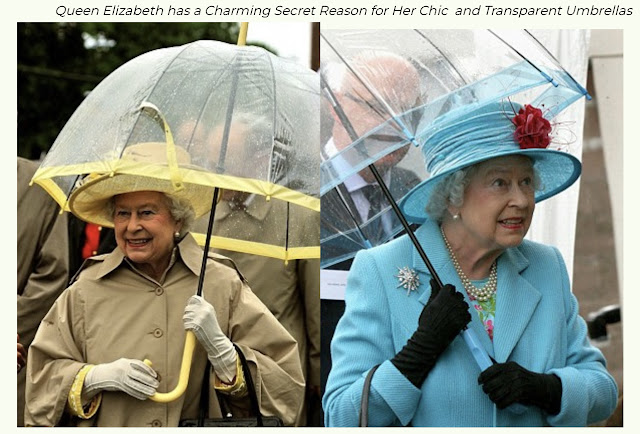Whenever I train a new instructor and she asks what books she should have on hand for research, I usually will recommend any book by Amy Vanderbilt, Lillian Eichler, Judith Martin or Letitia Baldridge. I stress that the books should be the original versions, not 'revised-by-so & so' editions. In fact, the older the book the better. Books from the 1800s are also ideal. They cover the basics. The 'nuts and bolts' of what etiquette and manners are truly all about.
When trainees invariably mention Emily Post, I cringe a bit. Her book from 1922 is not one I recommend. Now Elizabeth Post, who followed in her footsteps, did author some great books, back in her day. She was someone I could relate to, as are the other authors whose books I recommend.
I don't dislike Emily Post. Quite the contrary. She was a pioneer in her time. Not necessarily regarding etiquette in my mind, but in divorcing her husband after helping out in a New York D.A.'s Office sting operation of the merchant of tabloid sleaze of that era, one Colonel Mann.
Mann was trying to blackmail Emily Post's philandering husband and Emily got involved rather than have her husband pay up to save her humiliation. So it is in that regard, that I really have to give her kudos. It took guts to do what she did in that time and in that society which she lived! She divorced her cheating man, and forged a new path for herself. I simply don't care for her early etiquette books.
Emily Post made some pretty strong declarations in her first book on etiquette. Reading it in comparison to other etiquette books of the day, Emily comes off sounding a bit, well... haughty. Some of her advice reads like a joke. Take, for example, this line on what should not be set at a dinner table; "Saucers for vegetables are contrary to all etiquette." In what weird universe? I can think of a thousand things that would be contrary to all etiquette. Saucers for vegetables is not one that comes to mind. Even then, if a dinner guest of mine thought me gauche for having vegetable saucers on the table, I would not invite them back.
No, the authors of the etiquette books I truly cherish, generally do not have such pronouncements in them, such as Emily's. Those books are meant to be helpful. They are not meant to instill fear in some poor newlywed hosting a dinner party. Take for example these gems of Emily's-"If your house has a great Georgian dining-room, the table should be set with Georgian or an earlier period English silver. Furthermore, in a “great” dining-room, all the silver should be real! “Real” meaning nothing so trifling as “sterling,” but genuine and important “period” pieces made by Eighteenth Century silversmiths, such as de Lamerie or Crespell or Buck or Robertson, or perhaps one of their predecessors." Okay Emily, so my sterling isn't 'real' it is 'trifling'?
And Emily certainly would not consider the dining-room set I inherited from my grandmother to be sitting in an 'important' dining-room. My apologies! "In a very “important” dining-room and on a very large table, a cloth of plain and finest quality damask with no trimming other than a monogram (or crest) embroidered on either side, is in better taste than one of linen with elaborations of lace and embroidery."
Though she did write of more humbler dining-rooms and homes, she always spoke of these 'important' & 'real' items, homes and luxuries, as if they were the only ones to consider. They were first and foremost in her book chapters. They are not first and foremost in so many other books. Other writers spoke to the majority of women and men. The very formal, was usually the last of the subjects to be tackled in the books, and those writers didn't give these people who lived in 'important' homes, the catty monikers that Emily gave them.
She seemed to relish writing on these subjects, yet at the same time seemed to hold these people in a very low regard; "Mrs. Worldly" , "the Oldworlds", "the Eminents", "the Learneds", "the Wellborns", "the Highbrows", and "the Onceweres".
On the upside, Emily did seem to tackle some advanced thinking for the time period, like when she slyly covered the subject of gay men as dinner party guests and who should sit next to them; "Don’t, when you know that a young man cares little for feminine society, fine-tooth-comb the neighborhood for the dullest or silliest young woman to be found." So to summarize, don't seat your gay male friends with dull or silly women. Seat them with the straight guys? Straight, entertaining women? Moving on...
Or when she addressed dinners of fewer courses, dieting and WWI, nicely making allowances for food shortages or even economic challenges? ; "It may be due to the war period, which accustomed everyone to going with very little meat and to marked reduction in all food, or it may be, of course, merely vanity that is causing even grandparents to aspire to svelte figures, but whatever the cause, people are putting much less food on their tables than formerly."
All in all though, Emily Post had good intentions, even if she was a bit on the eccentric or even haughty side with regard to her books. After all, this was the woman who, according to one biographer, never uttered her husband’s name again after divorcing him for his affairs, and had set an extra place at the dining table for him every evening for the rest of her life, though she dined alone, asked of Emily,
"Fine manners, or something else? "
For more real Emily Post quotes, check out this twitter feed- @Postisms
Video of Emily Post talking table manners in 1947

















